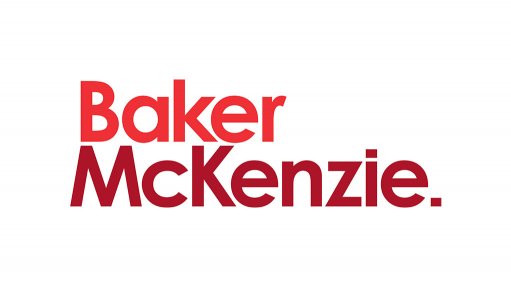
The Minister of Environmental Affairs (Minister) has, in terms of the National Environmental Management: Air Quality Act (Act), published the National Pollution Prevention Plan Regulations (Regulations), which came into effect on 21 July 2017. The Regulations prescribe the requirements for pollution prevention plans in terms of section 29(3) of the Act. In the same gazette, the Minister published a declaration of greenhouse gasses as priority air pollutants.
In terms of section 29 of the Act, the Minister may, by notice in the Gazette declare any substance contributing to air pollution as a priority air pollutant. The following are gazetted as priority pollutant greenhouse gases (Listed Greenhouse Gases): Carbon Dioxide (CO2); Methane (CH4); Nitrous Oxide (N2O); Hydrofluorocarbons (HFCs); Perfluorocarbons (PFCs); and Sulphur hexafluoride (SF6).
Any person/company conducting a production process listed in Annexure A,which involves the emission of any of the Listed Greenhouse Gases in excess of 0.1 Megatonnes annually, reported as carbon dioxide equivalents (CO2-eq), and/or if so directed by the Minister, will be required to submit a pollution prevention plan to the Minister for approval.
Annexure A listed production processes (Production Processes) are coal mining; the production/refining of crude oil; and the production/processing of natural gas. The production of the following has also been listed: liquid fuels from coal or gas, cement, glass, ammonia, nitric acid, carbon black, iron and steel, ferro-alloys, aluminium (excluding foundries), polymers, pulp and paper, and electricity (combustion of fossil fuels excluding the use of back-up generators).
Requirements for Pollution Prevention Plans
In terms of the Regulations, a pollution prevention plan must include the following:
- details of the person/company submitting the plan;
- description of the Production Process;
- greenhouse gas emissions generated from the Production Processes and their activities reported in accordance with the National Greenhouse Gas Emission Reporting Regulations;
- total greenhouse gas emissions from the Production Process for the calendar year preceding the submission of the pollution prevention plan;
- details of the methodology that is to be used by the person/company to monitor annual greenhouse gas emissions and evaluate progress towards meeting greenhouse gas emission reductions must be in line with the National Greenhouse Gas Emission Reporting Regulations; and
- a description of mitigation measures, based on the best information available at time, that will be implemented and result in deviation from the greenhouse gas emissions baseline over the pollution prevention plan's period, and the projected emissions reductions that will be achieved.
Submission and Approval of Pollution Prevention Plans and Annual Progress Reports
Persons/companies which comply with the requirements listed above must submit a first pollution prevention plan to the Minister by 21 December 2017. This first pollution prevention plan must cover a period from 21 July 2017 up to 31 December 2020. Subsequent pollution prevention plans (to be submitted within five months of existing plans being reconciled) must cover periods of five calendar years each.
The Minister then has 30 days after receipt of the pollution prevention plan to either approve or reject the pollution prevention plan. If a pollution prevention plan is rejected, a revised pollution plan must be resubmitted to the Minister for approval.
Although, approved pollution prevention plans are valid for five years, the persons/companies must, for the preceding calendar year, submit a progress report to the Minister by 31 March each year. The progress reports must deal with details of the mitigation measures that were implemented, details of deviations from the pollution prevention plan and remedial action taken in relation to such deviation and details pertaining to the management of any risks and limitations.
Non-Compliance
Failure to submit a pollution prevention plan/ progress report or supply false or misleading information to the Minister is considered an offence, with the perpetrator being liable, in the first instance, for a fine not exceeding ZAR 5 000 000, or imprisonment for a period not exceeding five years.
Written by Kieran Whyte, Partner, and Amanda Scribante, Associate, Energy, Mining and Infrastructure Practice, Baker McKenzie Johannesburg